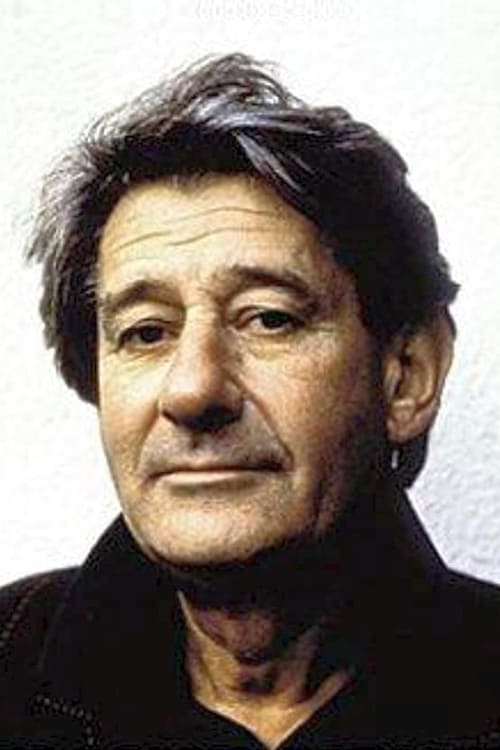Helmut Newton

Helmut Newton (born Helmut Neustädter; 31 October 1920 – 23 January 2004) was a German-Australian photographer. The New York Times described him as a "prolific, widely imitated fashion photographer whose provocative, erotically charged black-and-white photos were a mainstay of Vogue and other publications." Newton was born in Berlin, the son of Klara "Claire" (née Marquis) and Max Neustädter, a button factory owner. His family was Jewish. Newton attended the Heinrich-von-Treitschke-Realgymnasium and the American School in Berlin. Interested in photography from the age of 12 when he purchased his first camera, he worked for the German photographer Yva (Elsie Neuländer Simon) from 1936. The increasingly oppressive restrictions placed on Jews by the Nuremberg laws meant that his father lost control of the factory in which he manufactured buttons and buckles; he was briefly interned in a concentration camp on Kristallnacht, 9 November 1938, which finally compelled the family to leave Germany. Newton's parents fled to Argentina. Newton was issued with a passport just after turning 18 and left Germany on 5 December 1938. At Trieste, he boarded the Conte Rosso (along with about 200 others escaping the Nazis), intending to journey to China. After arriving in Singapore, Newton found he was able to remain there, first briefly as a photographer for the Straits Times and then as a portrait photographer. Newton was interned by British authorities while in Singapore and was sent to Australia on board the Queen Mary, arriving in Sydney on 27 September 1940. Internees travelled to the camp at Tatura by train under armed guard. He was released from internment in 1942 and briefly worked as a fruit picker in Northern Victoria. In August 1942, Newton enlisted with the Australian Army and worked as a truck driver. After the war in 1945, he became a British subject and changed his name to Newton in 1946. In 1948, he married actress June Browne, who performed under the stage name June Brunell. Later she became a successful photographer under the ironic pseudonym Alice Springs (after Alice Springs, the town in Central Australia). In 1946, Newton set up a studio in fashionable Flinders Lane in Melbourne and worked on fashion, theatre and industrial photography in the affluent postwar years. He shared his first joint exhibition in May 1953 with Wolfgang Sievers, a German refugee like himself, who had also served in the same company. The exhibition of 'New Visions in Photography' was displayed at the Federal Hotel in Collins Street and was probably the first glimpse of New Objectivity photography in Australia. Newton went into partnership with Henry Talbot, a fellow German Jew who had also been interned at Tatura, and his association with the studio continued even after 1957, when he left Australia for London. The studio was renamed 'Helmut Newton and Henry Talbot'. ... Source: Article "Helmut Newton" from Wikipedia in English, licensed under CC-BY-SA 3.0.
Personal information
Birthday
1920-10-31
Birth Place
Berlin, Germany
